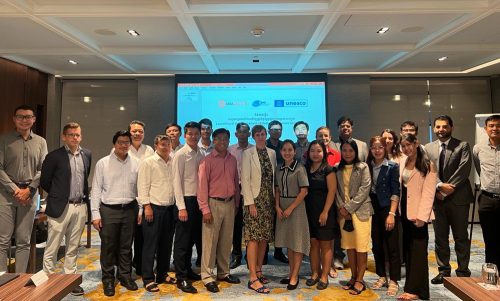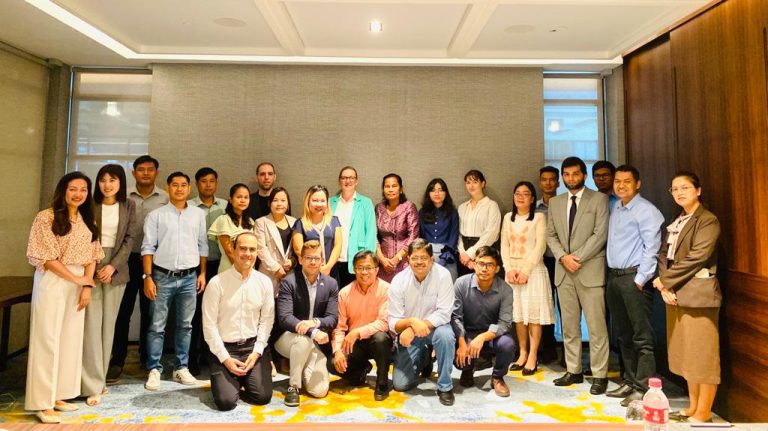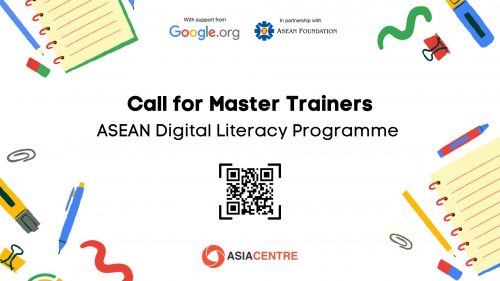On 14 January 2023, Asia Centre organised the Asia-Pacific Digital Rights Forum in partnership with EngageMedia to discuss the state of internet freedoms in Asia-Pacific and why they are shrinking as a result of legal and non-legal measures taken by governments and non-state actors alike. The forum was attended by 29 people – including participants and speakers – from various sectors, including online media organisations and journalists, lawyers, representatives of INGOs, UNDP representatives, researchers, and members of academic institutions.
The forum kicked off with an Asia Centre panel Internet Freedoms in Southeast Asia and Thailand, moderated by Dr Marc Piñol, Research Manager at Asia Centre. The panellists included Asia Centre’s Regional Director Dr James Gomez and Korbkusol Neelapaichit, Researcher at Asia Centre. Dr Gomez pointed to a set of legal and non-legal mechanisms adopted by governments that are undermining internet freedoms in the region and, consequently, are making democracy backtrack in Southeast Asia. He also highlighted how some governments are increasingly using fake news laws to criminalise the actions of political opponents, human rights activists, journalists and media organisations, and how that leads to self-censorship.
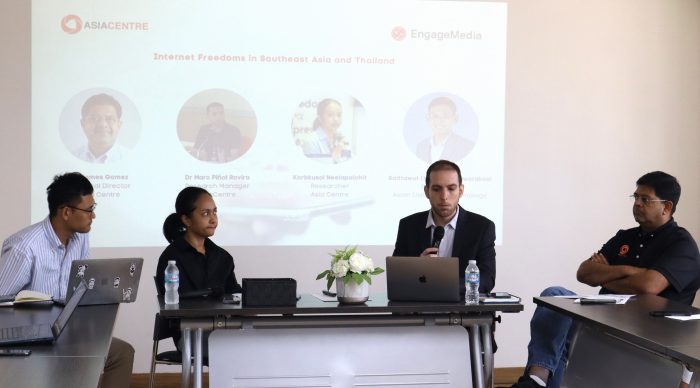
Focusing on Thailand, Neelapaichit added that the discriminatory measures introduced by Dr Gomez are also being used by non-state actors, such as private companies, to attack human rights defenders, journalists and civil society organisations. Neelapaichit predicted that the use of these measures will persist in 2023, and its impacts will increase.
Saittawut Yutthaworakool, a PhD candidate from the Asian Institute of Technology, commented on Dr Gomez and Neelapaichit’s inputs, highlighting the impact that internet laws in Thailand, like the Computer Crime Act, Strategic Lawsuit Against Public Participation (SLAPP) and the non-legal military-led Information Operations (IOs), have on gender. The panel concluded with a fruitful Q&A session that triggered a lively discussion among participants in the session.
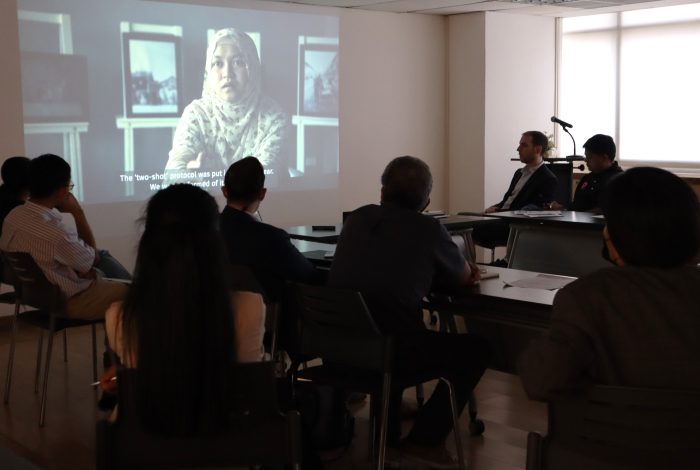
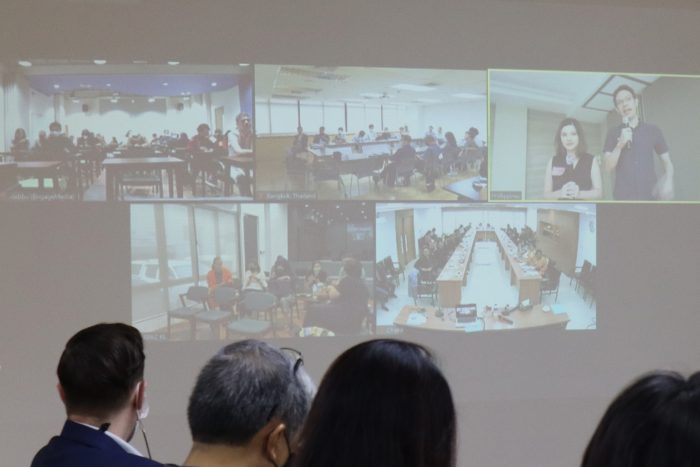
Following the panel discussion, four short films or ‘tech tales’ produced by EngageMedia in collaboration with filmmakers across the Asia-Pacific were screened. The films touched upon digital rights issues in Cambodia, Indonesia, Myanmar, and Thailand. After the screening, participants joined a regional virtual regional with participants from Bangladesh, Indonesia, Malaysia, and the Philippines.
Asia Centre’s Research Associate Ekmongkhon Puridej and danah boyd, a partner researcher at Microsoft Research, founder and president of Data & Society Research Institute, visiting scholar at New York University, joined the rapporteurs from the other four countries in sharing the outputs from the session held in Bangkok. They also discussed the future trends of digital authoritarianism in Asia. The event concluded with a networking session for all participants in the forum to exchange their views with one another and expand their networks.
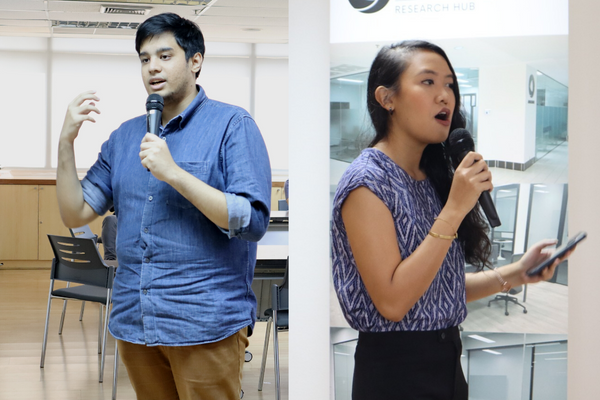
Asia Centre is a research institute in Special Consultative Status with the United Nations Economic and Social Council. It was founded in Bangkok, Thailand, in 2015 and a second office was established in Johor Bahru, Malaysia, in 2018. Asia Centre serves as a knowledge partner and undertakes evidence-based research to publish baseline studies and policy toolkits. It also provides training and capacity-building programmes for end beneficiaries such as government officials and universities.

